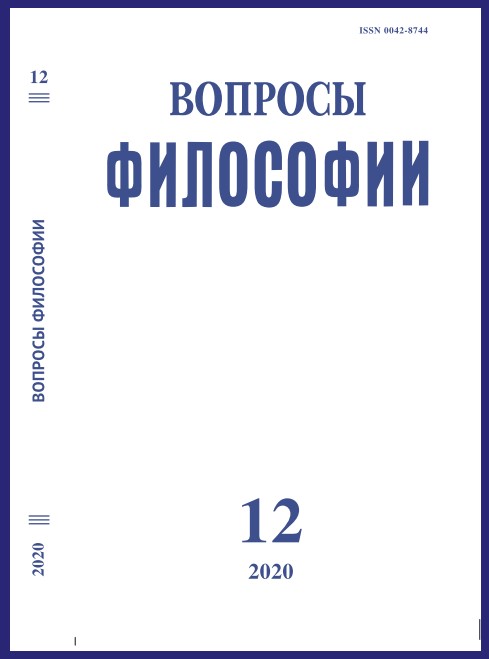Axiological Vectors of Human and Society Meaning-of-life strategies in the Poetry of Kazakh Zhyrau
DOI:
https://doi.org/10.21146/0042-8744-2020-12-209-218Keywords:
culture, Zhyrau poetry, values, chivalry, warrior-batyr, ethos, national traditions, nomad, personality, person, society.Abstract
The article reveals the place of the poetry of medieval Kazakh storytellers-zhyrau in the system of world heroic poetry, which glorified the knightly ethos and glorified real and mythical heroes. It is shown that, in contrast to the ideal of the European knight, in the ethos of the steppe warrior-batyr, as he appears in the poetry of zhyrau, a harmonious combination of cultures of rivalry and cooperation, striving for personal superiority and free cooperation to achieve common goals is achieved. In the very origins of the oral mythopoetic culture of the Kazakhs, in proverbs and sayings, legends and epics, there is a reflective and ideological beginning, which predetermines its free character, open to the world and other cultures, and at the same time self-depth, creative self-appeal. This distinctive feature of the traditional culture of the Kazakh people and its spiritual, moral, intellectual development, the formation of national identity is clearly manifested both in oral folk art and in the philosophical reflections of outstanding Kazakh thinkers throughout the centuries-old cultural history of the Great Steppe. The heroic epic becomes a moral-forming factor of life since it sets socially and spiritually sanctioned normative personality patterns, produces worthy of imitation integral models of behavior and lifestyle.

